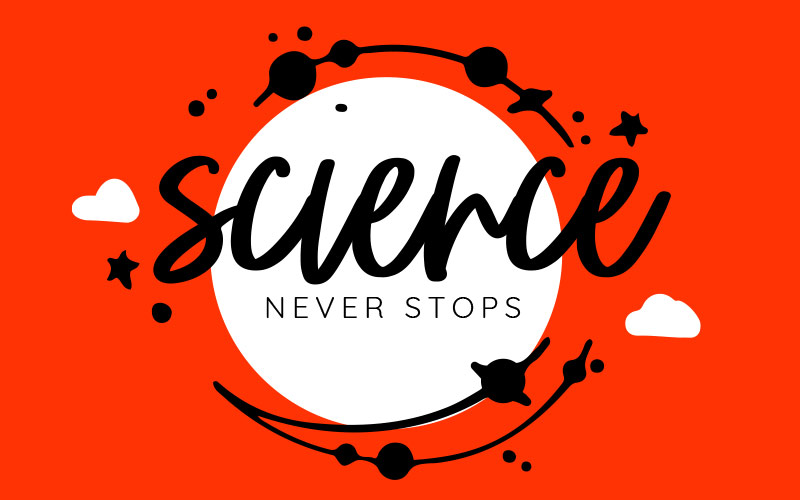
Science Never Stops is a digital collection of short learning segments featuring Rocket Center educators leading hands-on activities, talking with STEM professionals and exploring STEM concepts and ideas. Searchable by science field or grade level, these fun videos are a great addition to a classroom enrichment or a fun family activity. Learn by doing, learn from a professional or learn with an artifact with Science Never Stops.
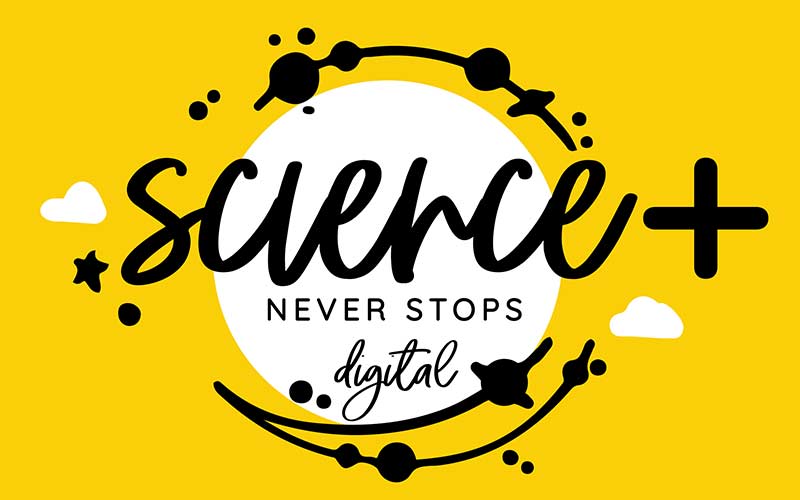
Science Never Stops + is a series of learning modules designed for teachers and families to explore farther and learn more about concepts like rockets, drones and satellites. These learning modules include step-by-step instructions for re-creating fun activities in your classroom or home and tie STEM concepts to STEM careers. Themes are correlated to key science concepts across grade levels. Bring your curiosity and explore with us!
Pick one or more of the selections below to explore our library of Science Never Stops videos or Science Never Stops + modules
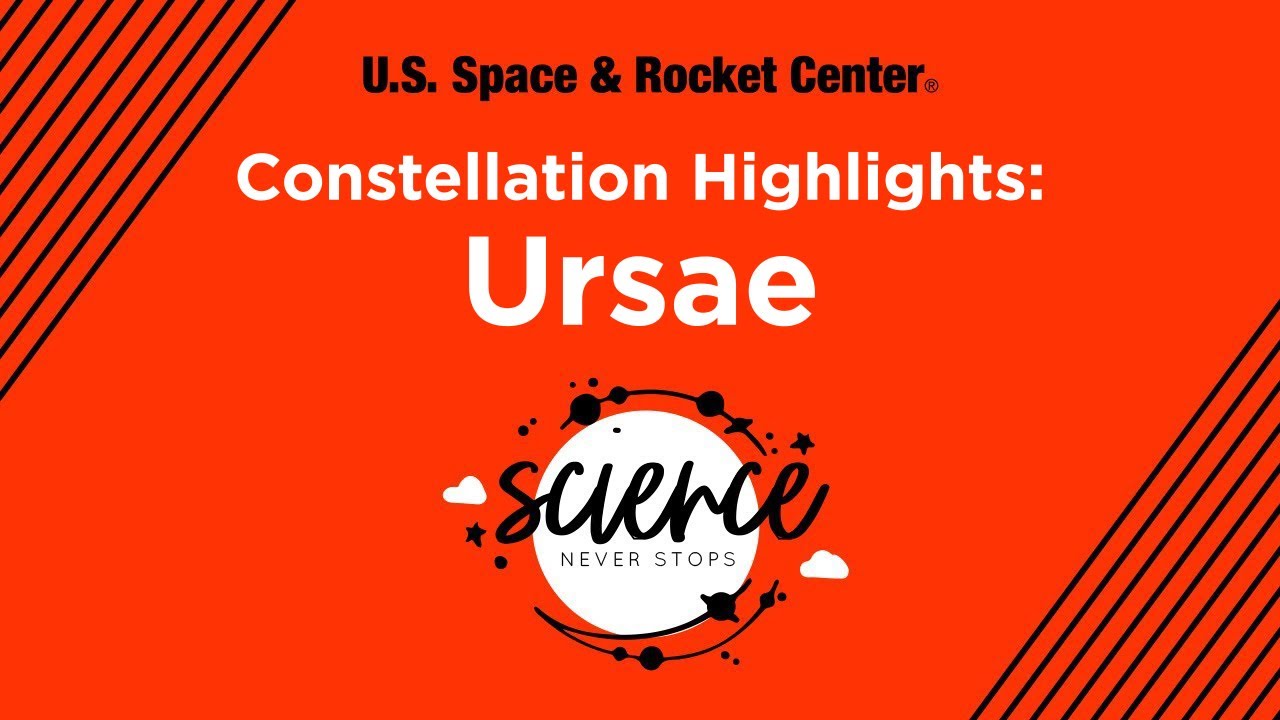 Explores spring skies constellations Ursa Major and Minor (the Big and Little Bear)
Explores spring skies constellations Ursa Major and Minor (the Big and Little Bear)
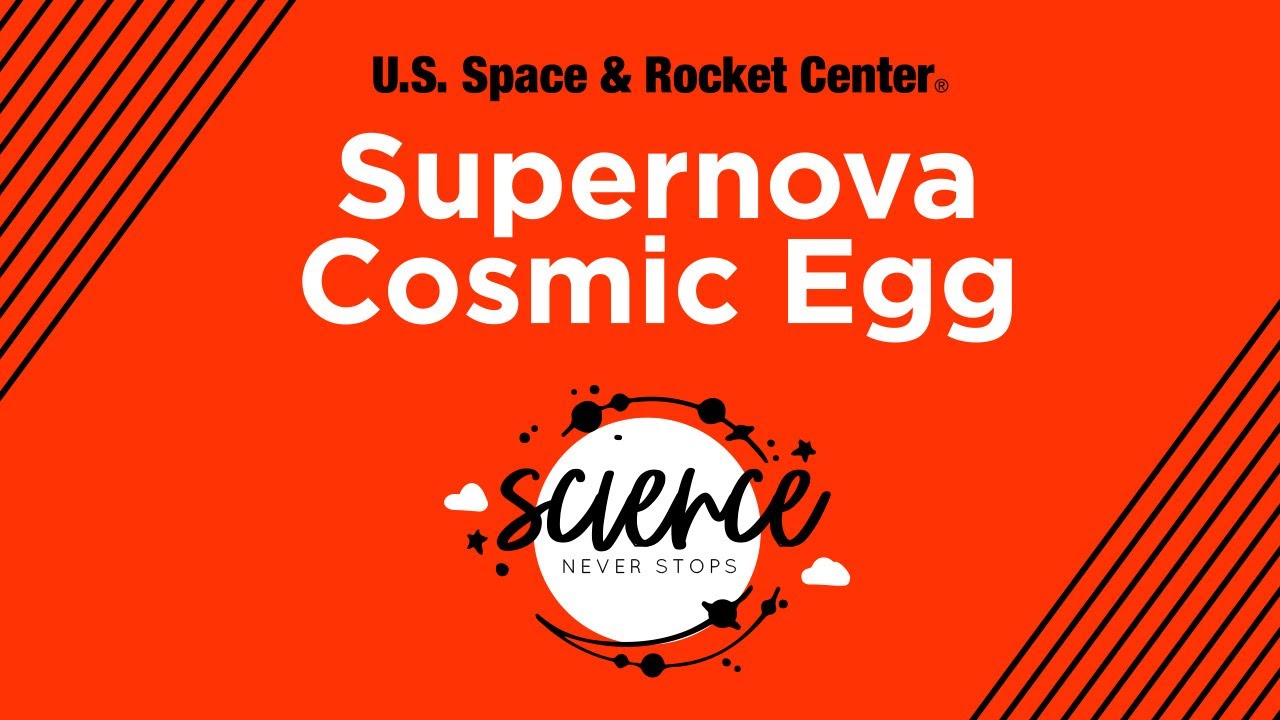 Gather some basic items in your kitchen and join Joseph Vick, museum education manager (and his special assistant!), to make colorful Cosmic Supernova Eggs. This one has a big finish that will be fun for the whole family!
Gather some basic items in your kitchen and join Joseph Vick, museum education manager (and his special assistant!), to make colorful Cosmic Supernova Eggs. This one has a big finish that will be fun for the whole family!
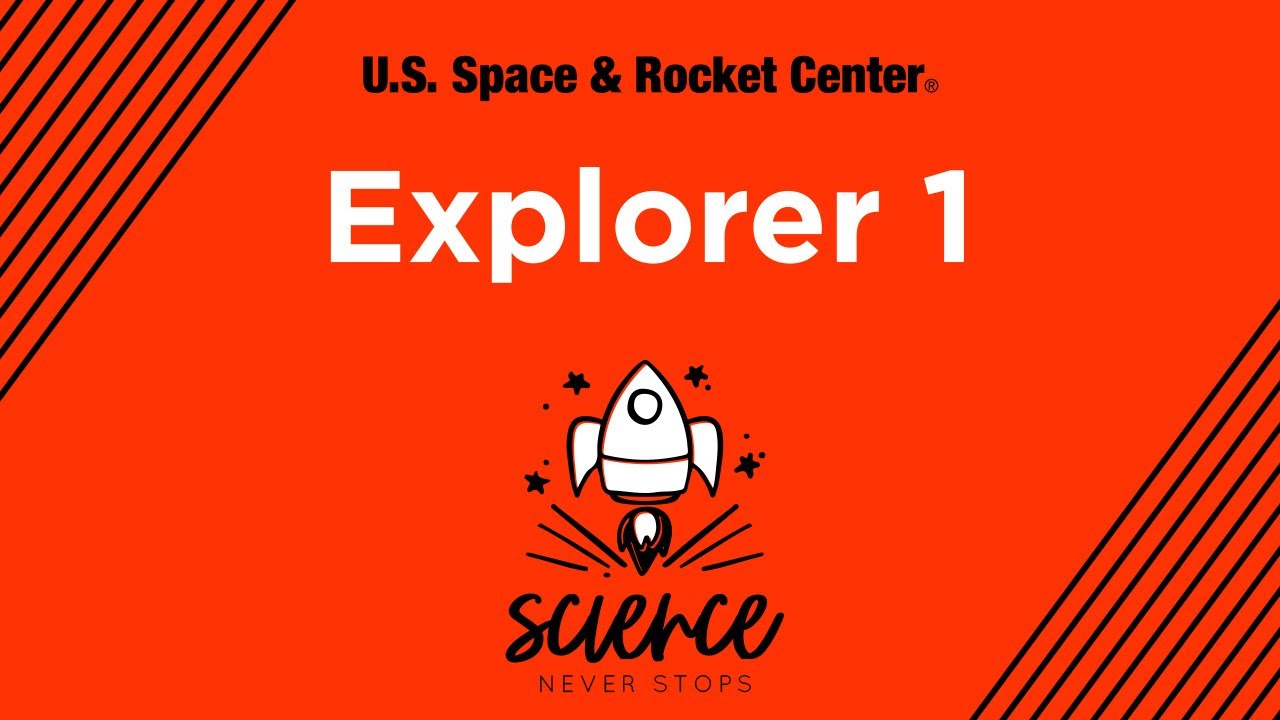 Learn about the "space race" and America's first artificial satellite, Explorer 1.
Learn about the "space race" and America's first artificial satellite, Explorer 1.
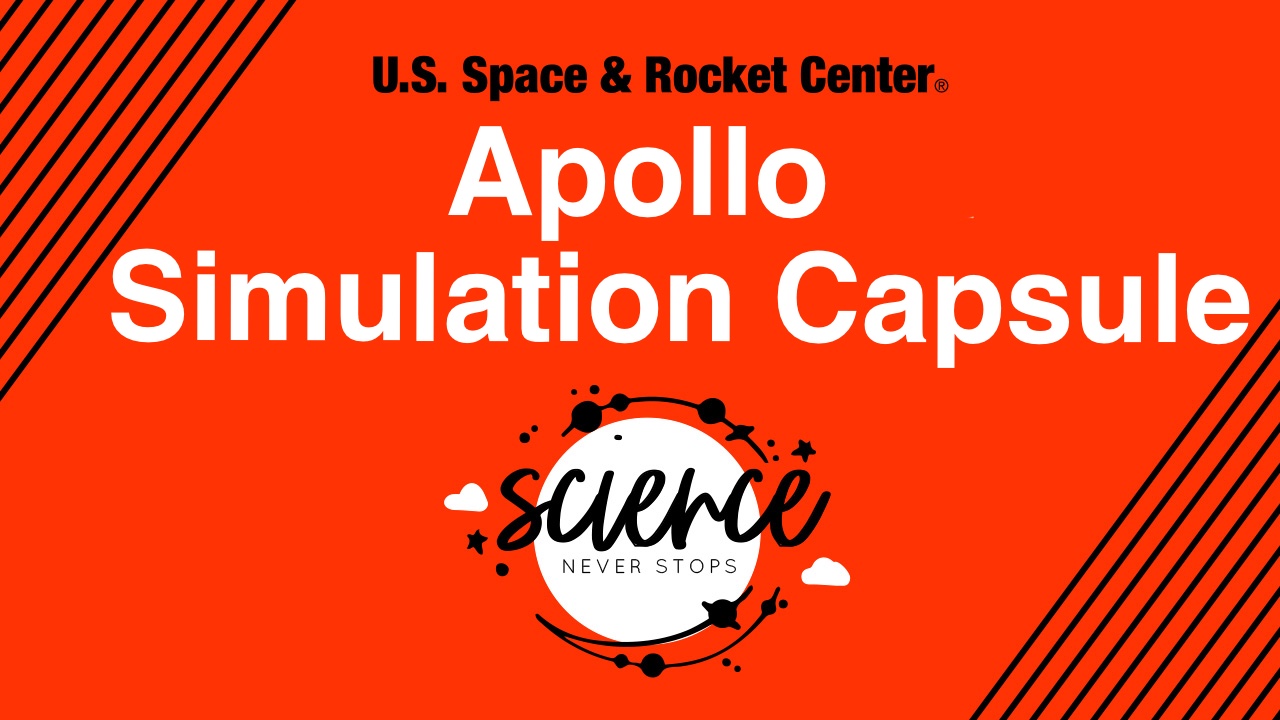 Climb in the Apollo simulation capsule at the U.S. Space & Rocket Center! Work through the mission checklist and discover what it was like to travel inside the module on a journey to explore the moon.
Climb in the Apollo simulation capsule at the U.S. Space & Rocket Center! Work through the mission checklist and discover what it was like to travel inside the module on a journey to explore the moon.
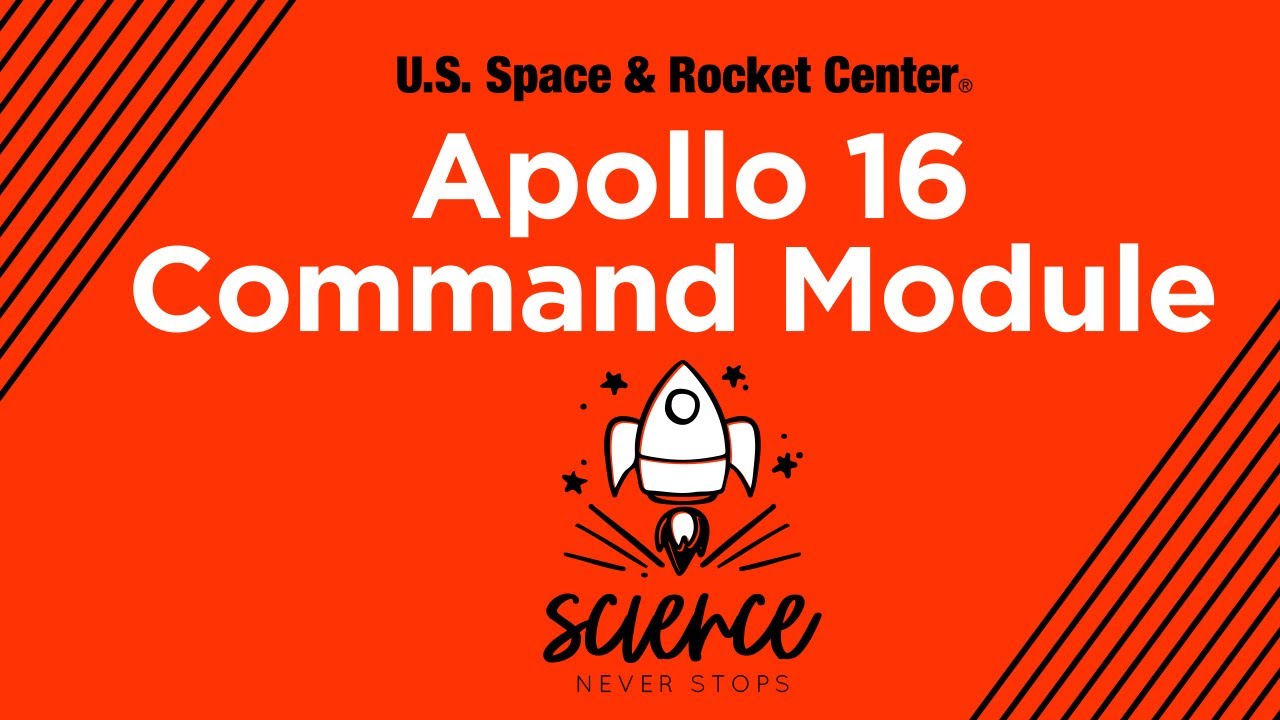 Explore Casper, the authentic Apollo 16 Command Module located in the Davidson Center for Space Exploration.
Explore Casper, the authentic Apollo 16 Command Module located in the Davidson Center for Space Exploration.
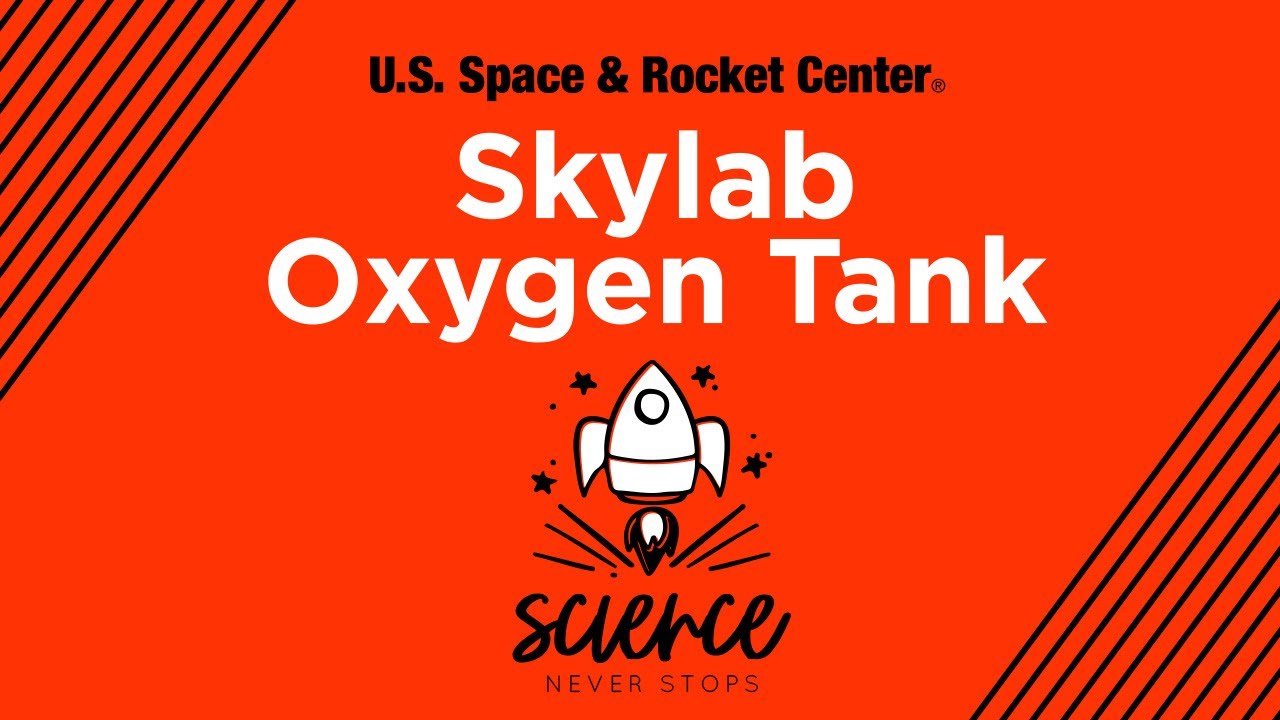 The U.S. Space & Rocket Center has a very important piece of Skylab, America's first space station!
The U.S. Space & Rocket Center has a very important piece of Skylab, America's first space station!
 Did you know you can grow a potato without soil? Learn the process of hydroponics!
Did you know you can grow a potato without soil? Learn the process of hydroponics!

 What do we know about Pluto? Is it considered a planet?
What do we know about Pluto? Is it considered a planet?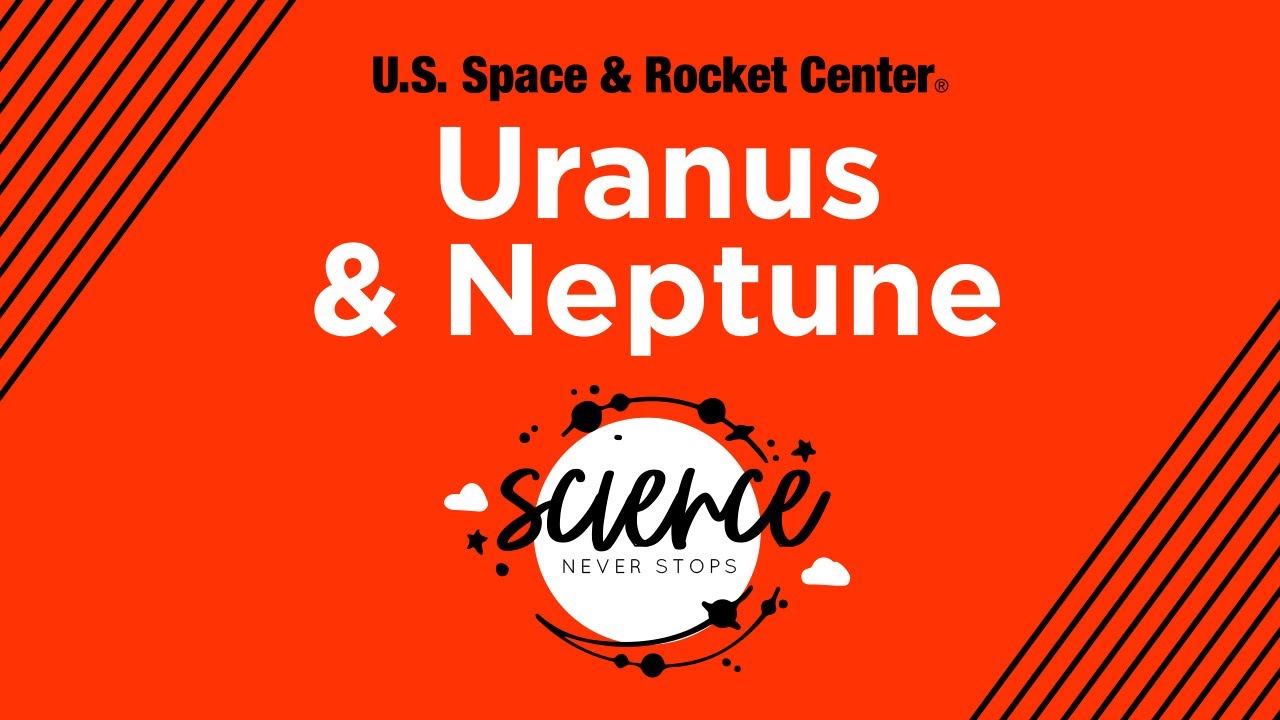 Learn about the planets Uranus and Neptune!
Learn about the planets Uranus and Neptune! Exploring the planet Saturn.
Exploring the planet Saturn. Jupiter is the fifth planet from the sun and the largest in the solar system. Explore this beautiful gas giant!
Jupiter is the fifth planet from the sun and the largest in the solar system. Explore this beautiful gas giant! What do we know about the Red Planet? Learn about Mars!
What do we know about the Red Planet? Learn about Mars! 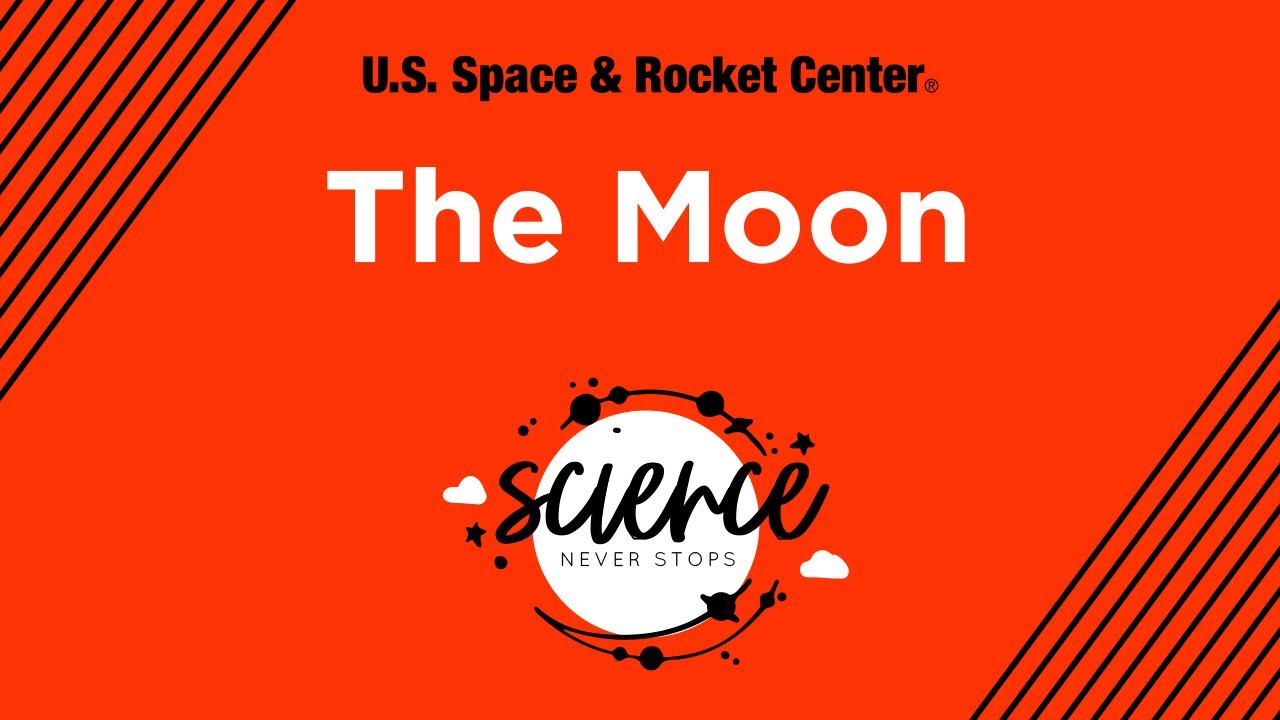 Explore our closest celestial neighbor, the moon.
Explore our closest celestial neighbor, the moon.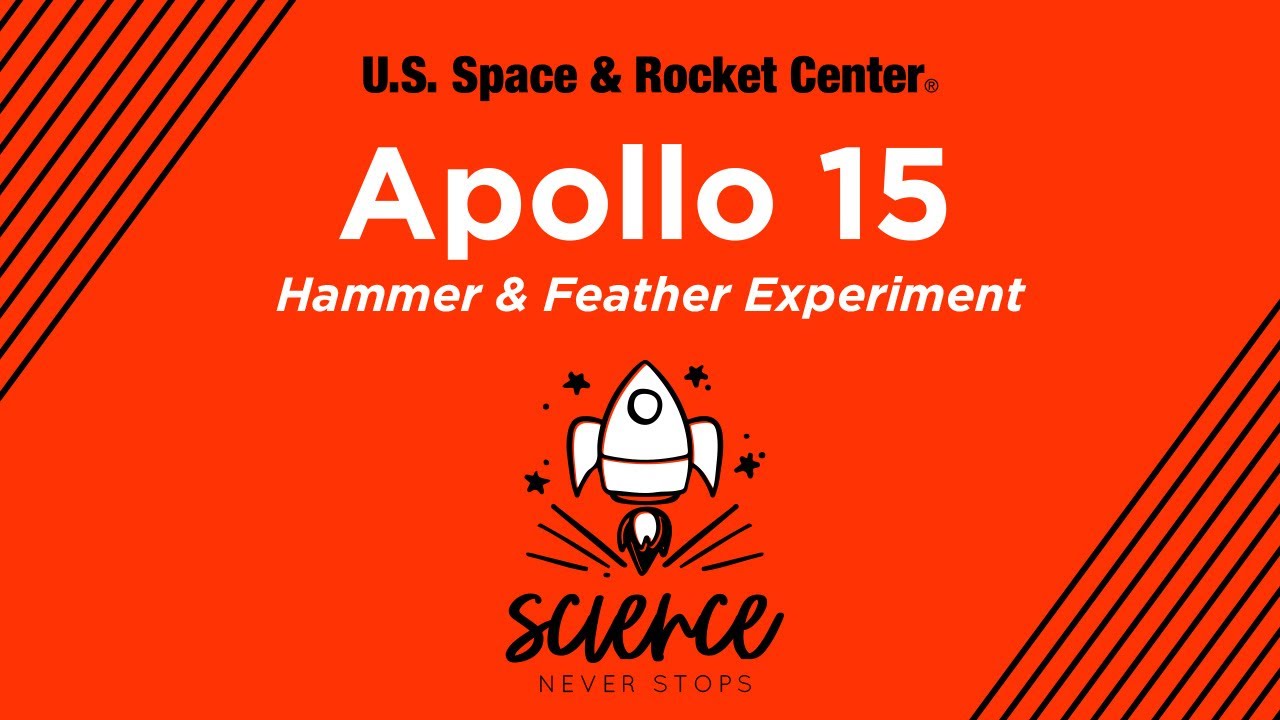 During the Apollo 15 mission, astronaut Dave Scott performed a unique experiment that you can try at home!
During the Apollo 15 mission, astronaut Dave Scott performed a unique experiment that you can try at home! The third planet from our Sun is very important! Discover more about our home planet.
The third planet from our Sun is very important! Discover more about our home planet.